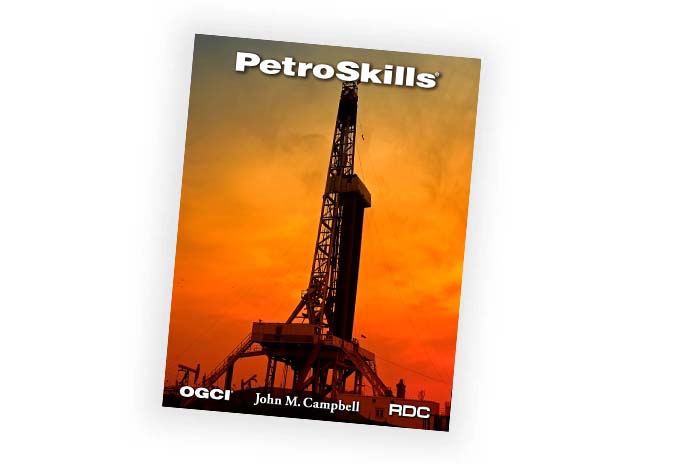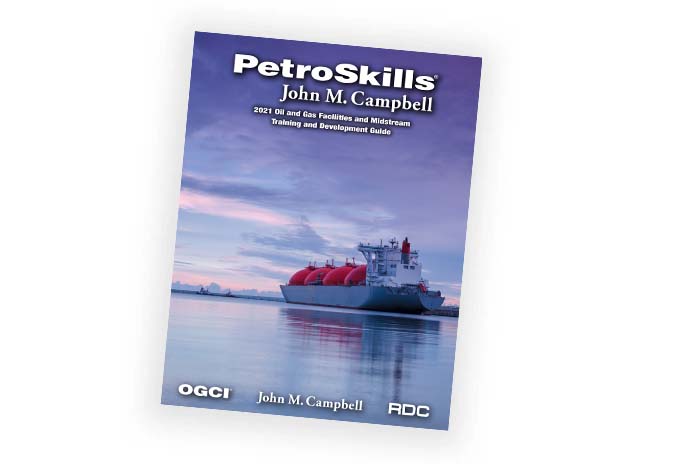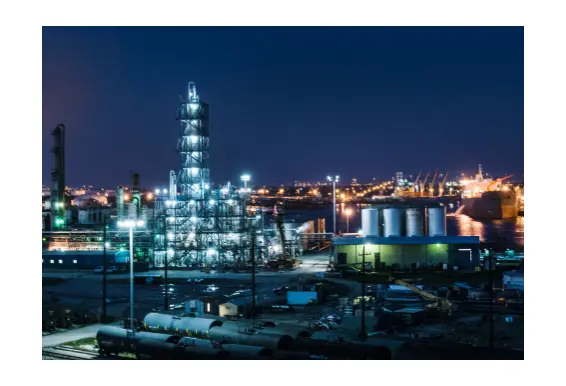Introduction to Machine Learning/Data Analytics for Subsurface Engineering and Geoscience Applications - IMLD
About the Course
The interpretation of rich, heterogeneous and even real-time data has become possible because of recent advances in machine learning and the broader availability of computational power. The oil and gas industry is harnessing the power of this data-driven revolution to create actionable insights from real-time production, drilling, and completions data, SCADA data streams, 3D and 4D seismic, well data such as cores, well-logs, thin-sections and SEM images and even the advent of newer data type such as DTS/DAS measurements.
This 2-day course will introduce participants tthe concepts of exploratory data analyses, machine learning workflows and most importantly, data analytics and machine learning use cases for subsurface applications.
The course is presented in three modules:
- Introduction to data-driven workflows including data types, data quality checks and exploratory data analyses
- Unsupervised learning and clustering with emphasis on the use cases and workflows
- Supervised learning (including regression and classification) focusing on the use cases and workflows.
Target Audience
Geoscientists, petrophysicists, engineers, or anyone interested in subsurface engineering and geoscience applications of machine learning and data analytics
You Will Learn
- Essential terminology specific to data analytics and machine learning
- Data type and reporting protocols in the oil and gas industry
- Practical approaches tensuring and verifying data quality
- Exploratory data analyses to visualize and quantify relationships as well as identifying outliers
- The basic principles of common machine learning tools in the petroleum industry
- Unsupervised learning
- Supervised learning
- Reinforcement learning
- Use cases of subsurface geoscience and engineering data-driven applications
- Recognize and address pitfalls of data-driven methods in the oil and gas industry
Course Content
- Introduction to machine learning terminology and workflows
- Data types, QA/QC, exploratory data analyses and its relation tinsights gained from data-driven workflows
- In-depth discussion of use cases with the more popular unsupervised and supervised machine learning algorithms
Unsupervised machine learning algorithms and applications, including:
- Seismic facies identification from 3D seismic attributes; Rocktype prediction from cores/well log data
- Identifying hydraulic fracture locations from well-log or seismic data
- Well clustering tidentify common attributes of productive wells
Supervised machine learning algorithms and applications. This is a list of a few applications:
- Linear regression
- Production forecasting
- Upscaling core-derived rocktypes twell-scale for 3D geomodelling
- Synthetic log generation (for instance: sonic log) from triple-combo data
- Predicting lost-time drilling incidents ahead of time, such as stuck-pipe or stick-slip, among others
- Real-time analytics for failure mitigation and prevention in artificial lift applications
- Identifying key geologic, petrophysical and completions-related variables driving well productivity
- Data collection, management, storage and accessibility with a specific focus on the oil and gas industry
- Challenges and pitfalls of data-driven methods in the oil and gas industry
Product Details
Categories:
UpstreamDisciplines:
Data Management, Science and Analytics PetrophysicsLevels:
FoundationProduct Type:
CourseFormats Available:
In-Classroom VirtualInstructors:
Deepak DevegowdaAdditional
Request a Public Session
If you are interested in a public session of this course, please click the button below to request it.
Request Public SessionIn-House Training
This course is also available upon request as a private, on-site seminar. Contact us for details and pricing.
Request In-House TrainingNeed Help
Contact us if you have additional questions about how to register for or attend this course.
Contact Us



